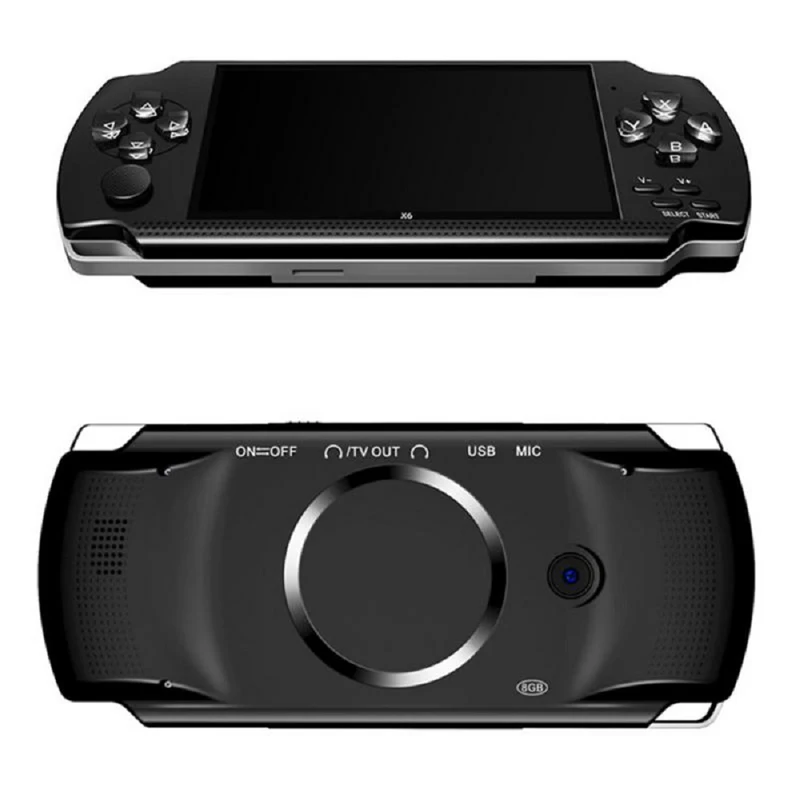In autobus
- Bonucci: Che[sup](1)[/sup] lungo viaggio! Dove siamo adesso?
- Buffon: Vicino a Genova.
- Bonucci: Mister, perché non prendiamo l'autostrada[sup](2)[/sup]? È più veloce!
- Delneri: Perché non ho il portafogli[sup](3)[/sup]. Non posso pagarla.
- Aquilani: Ma come possiamo pagare la benzina?
- Delneri: Zitto tu!
- Buffon: Alberto, c'è un cavallo accanto alla strada.
- Aquilani: Che bello!!
- Bonucci: What a long trip! Where are we now?
[What long trip! Where are now?] - Buffon: Close to Genova.
- Bonucci: Coach, why don't we take the motorway? It's faster!
[Coach, why not take the-motorway? Is more fast!] - Delneri: Because I don't have my wallet. I can't pay for it.
[Because not have the wallet. Not can pay-it.] - Aquilani: But how can we pay for gasoline?
[But how can pay the gasoline?] - Delneri: Shut up!
[Quiet you!] - Buffon: Alberto, there's a horse by the street.
[Alberto, there-is a horse next to-the street.] - Aquilani: It's so pretty!
[What beautiful!]
- The letter "k" is not used, instead this same sound is written as "ch".
- l'autostrada = la autostrada. "la" before a noun that starts with a vowel (a/e/i/o/u) becomes joined to the noun.
- portafogli = porta fogli, literally means "carries papers". Many words are made up of two words, for example "buttafuori" ~ "throws-outside", which means "bouncer".
We have seen several examples where pronoun is fused to the verb at the end of a sentence:
- Sono contento di rivederti! (rivedere + ti)
- Così è impossibile non vederla. (vedere + la)
- Non posso pagarla. (pagare + la)
 Buy on AliExpress.com
Buy on AliExpress.com






